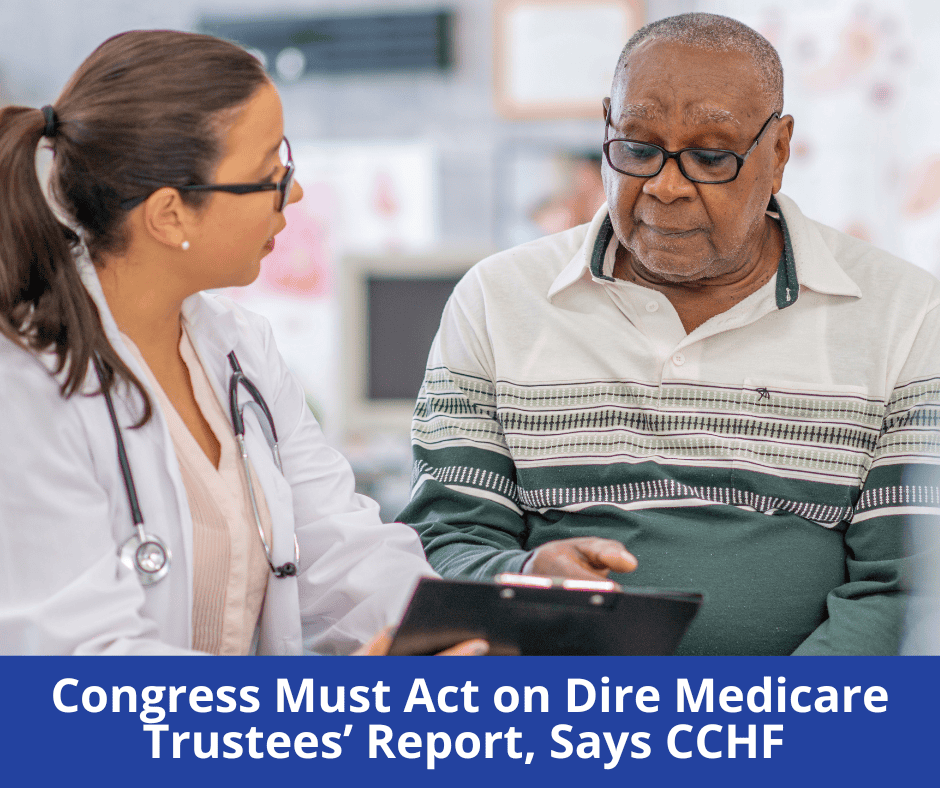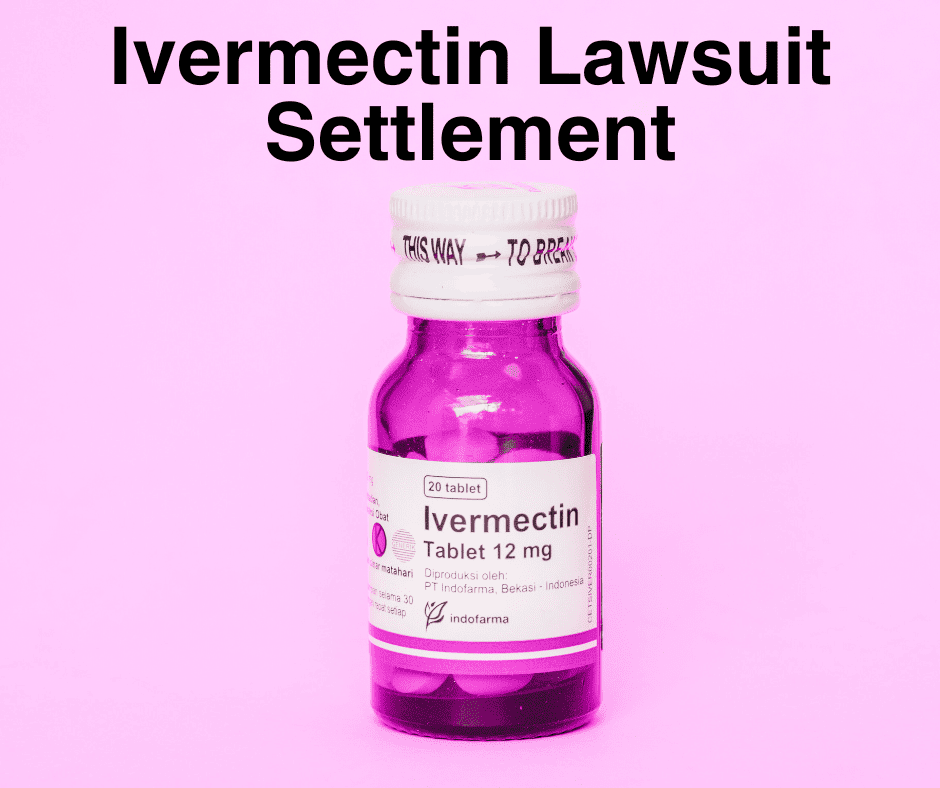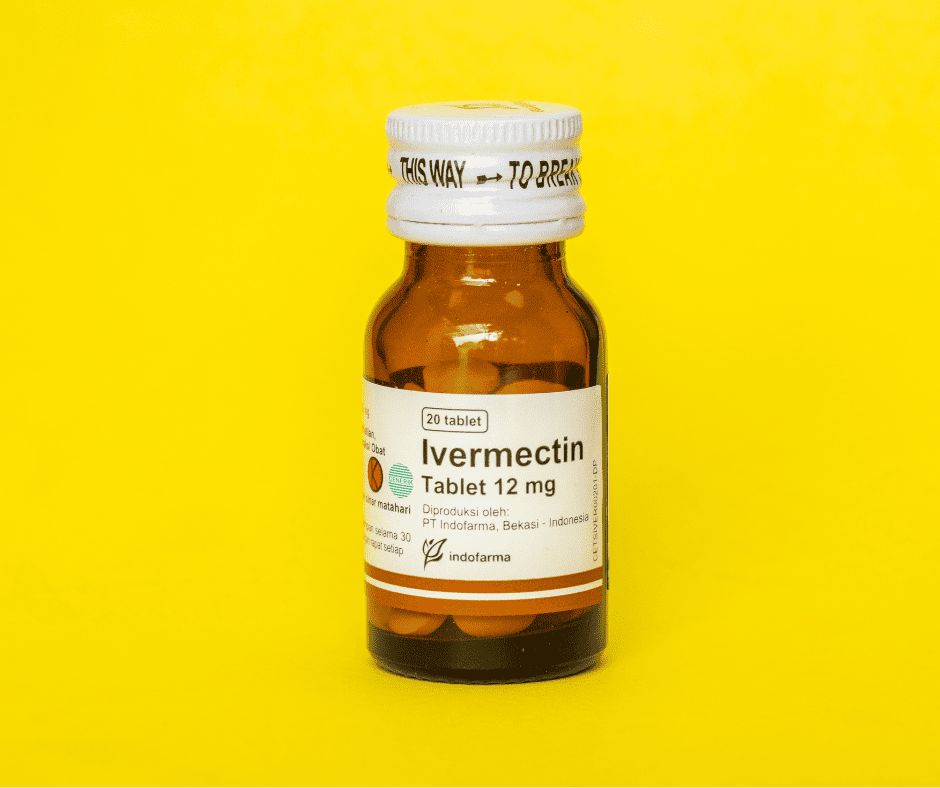ST. PAUL, Minn. — For over two decades, the American public has been led to believe that the “HIPAA Privacy Rule” protects their confidential medical records. Citizens’ Council for Health Freedom (CCHF) aims to debunk this deliberate deception throughout April by exposing HIPAA as a rule that permits extensive data sharing. April 14, 2024 marks the 21st anniversary of HIPAA’s inception.
CCHF’s Truth About HIPAA Campaign will feature newly commissioned cartoon artwork, which will be revealed each Tuesday in April on our website and on our Facebook, Instagram, and Twitter accounts.
“HIPAA was never intended to prioritize patient privacy. Instead, it was crafted under industry influence to dismantle these rights. HIPAA allows those who view patient data as their own personal gold mine to stake a claim to this confidential information,” says CCHF Co-founder and President Twila Brase.
CCHF highlights statements from the Department of Health and Human Services (HHS), including the Office of the National Coordinator for Health Information Technology’s acknowledgment that HIPAA facilitates the movement of electronic health data for various purposes. HHS suggests that entities holding patient data can exercise discretion in determining how to use and disclose such information.
Contrary to the pre-HIPAA era, when sharing patient data was a legal and ethical breach, HIPAA permits data sharing for a multitude of purposes without patient consent – including 12 “national priority purposes” and the innocuous-sounding “health care operations,” a term with a definition nearly 400 words long. CCHF emphasizes the need for public awareness, urging individuals to assert their rights in the exam room and advocate for stronger state-level privacy laws, which supersede HIPAA regulations.
“We’re publishing five cartoons that share the truth about HIPAA, a truth that the federal government and self-interested corporations refuse to make clear. Americans have been completely misled about HIPAA for over two decades. The truth must be told so citizens have an opportunity to protect themselves in the exam room, by determining what they will and will not share, and through state legislatures. State preemption must be used to protect people from HIPAA,” adds Brase.
The Standards for Privacy of Individually Identifiable Health Information, final rule published December 28, 2000; modified final rule published on August 14, 2002
The Law: Health Insurance Portability and Accountability Act of 1996 (Public Law 104-191)










